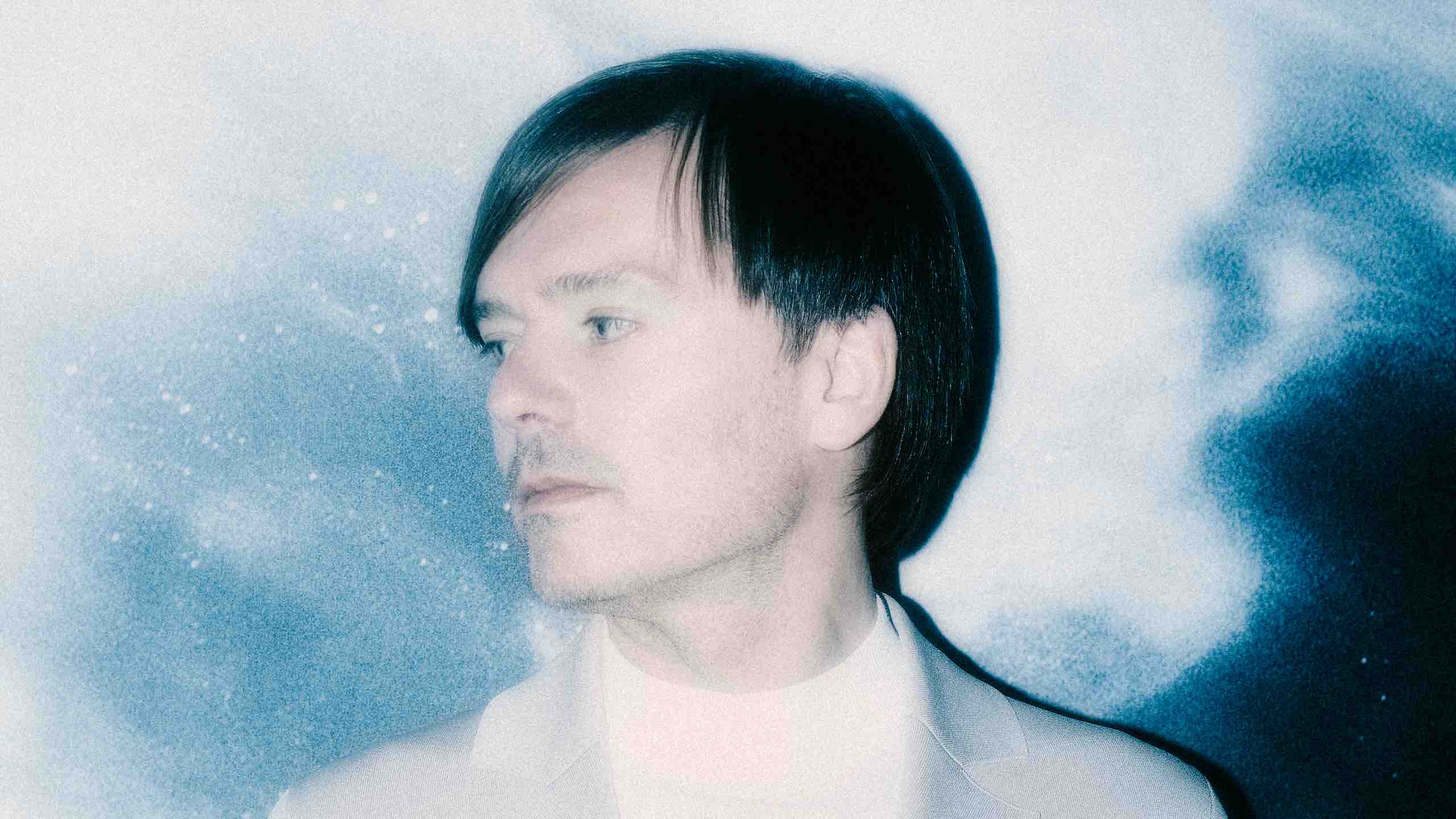While Air may be known and revered for another sort of soundtrack work, one half of the French downtempo duo expanded the scope of his work earlier this summer with the release of his first-ever ballet score. Originally released last month, Möbius Morphosis serves as JB Dunckel’s first foray into the medium after a handful of film soundtracks and other solo recordings away from Air partner Nicolas Godin (himself a celebrated solo musician), though this latest work was created in collaboration with the choir of Maîtrise de Radio France—and, of course, the ballet itself, as directed by Sofi Jeannin.
To hear Dunckel tell it, each of the eight choral and prog-electronic compositions he arranged was directly inspired by the movement onstage at the moment in which the song is set. Rather than merely matching the energy of the scene, Dunckel’s score attempts to translate the composition of the human forms as they arrange themselves around (and atop) each other, while weaving in elements of harmony and melancholy to support their mood. “This music is first and foremost at the service of a choreography whose boldness, acrobatic grace, and energy won me over straight away,” Dunkel shared upon the soundtrack’s initial release.
With the soundtrack seeing a vinyl release today via Warner Classics, revisit the soundtrack and read Dunckel’s words on each track below.
1. “Corps Échangés”
As Maurice Chevalier said about how to consider a show: The most important part is the way you enter on stage and the way you leave the stage—in the middle, do what you can. So I decided to have a punchy first act with the main theme in it, then to bring the last track around with the same kind of theme at the end. I wanted to put wild percussion with beautiful choir harmonies on the top, harmonies in between minor and major modes. Hesitating in between the two, balancing as the dancers would do, between happy and sad. I wanted it to sound big, because it’s for the Cultural Olympiad in the Pantheon, so the cultural context is important.
2. “Ballade des Géants”
This track is inspired by the dance, which is delicate. So I searched for delicate sounds that gave a feel of balance. This piece is linked with gravity that the dancers want to fight as they would like to fly (géants mean giants), so they build pyramids of humans on the top of each other to become giants.
3. “Gravité Reconstruite”
I wanted this piece to be harmonious and energetic, then fade into melancholy. It emulated the dancers trying to build constructions with human bodies, then becoming acrobatic. I wanted the audience to listen and find human physical perfection.
4. “Combats et Périls”
This one was composed on the main theme. We’re coming from some harmonious chords, and I wanted this part to transition to a dark mood. I used percussion with dark choir chords for this. It also plays with the balance between major and minor.
5. “Cœur Volant”
This is the energetic part in the show, so I wanted a focus on energetic percussion; electronic as well as acoustic at the same time. We hear a lot of the ARP 2600 filter on the bass drum.
6. “Clair Obscur”
The feeling of this piece is when you wake up in the morning and something is wrong; you wake in anger. But then the light comes and the darkness fades away. The light gets dark in the show and a lost dancer seems to walk to the light, searching for peace.
7. “Dieu Léger”
The most accessible track of the show. It's playful and light. Here, I wanted the choir to have fun singing it. The rhythm follows the twisted dance, with arpeggios going up and down in filtered waves.
8. “Poids Céleste”
Listen for the main theme coming back. Glorious, dark, percussive, and wild. In the studio some musicians came the day before and they left empty bottles of beer—I blew in the bottles to build a sort of riff.







